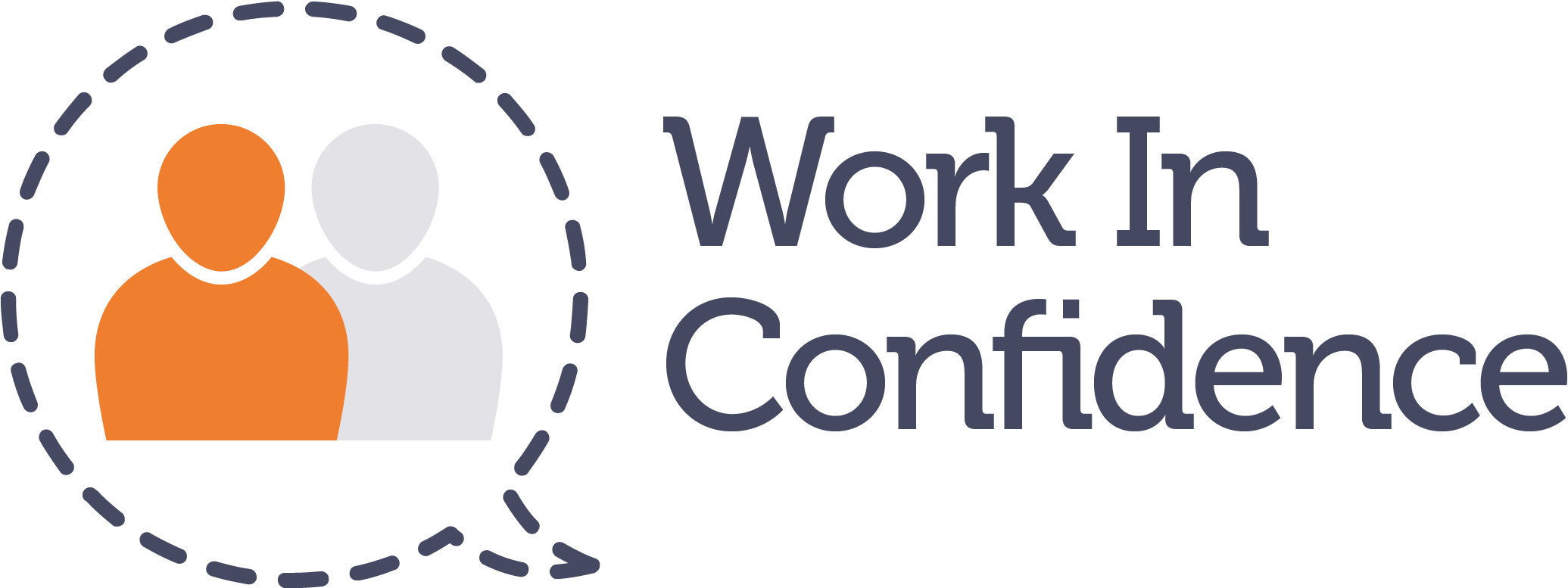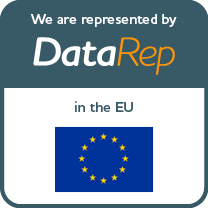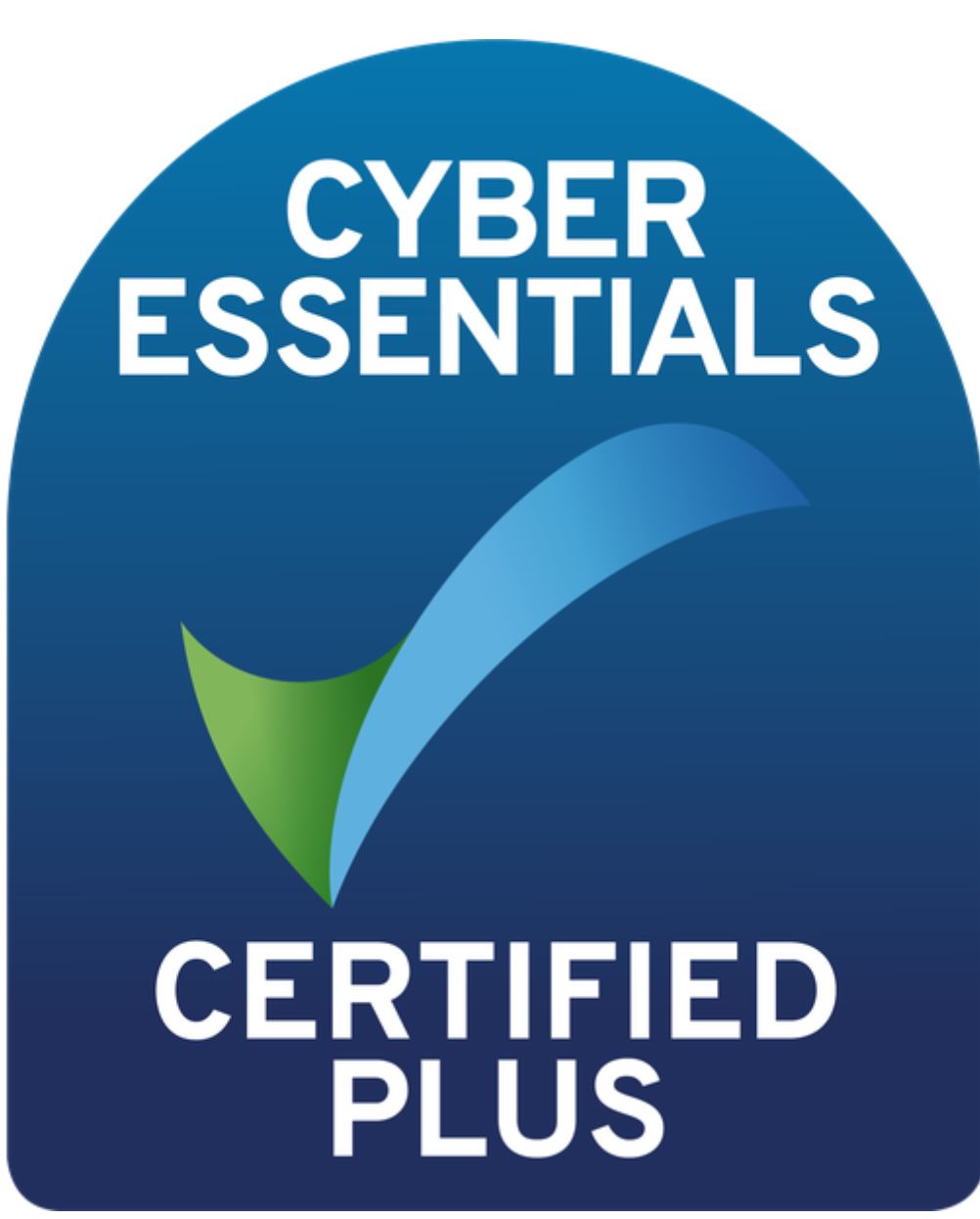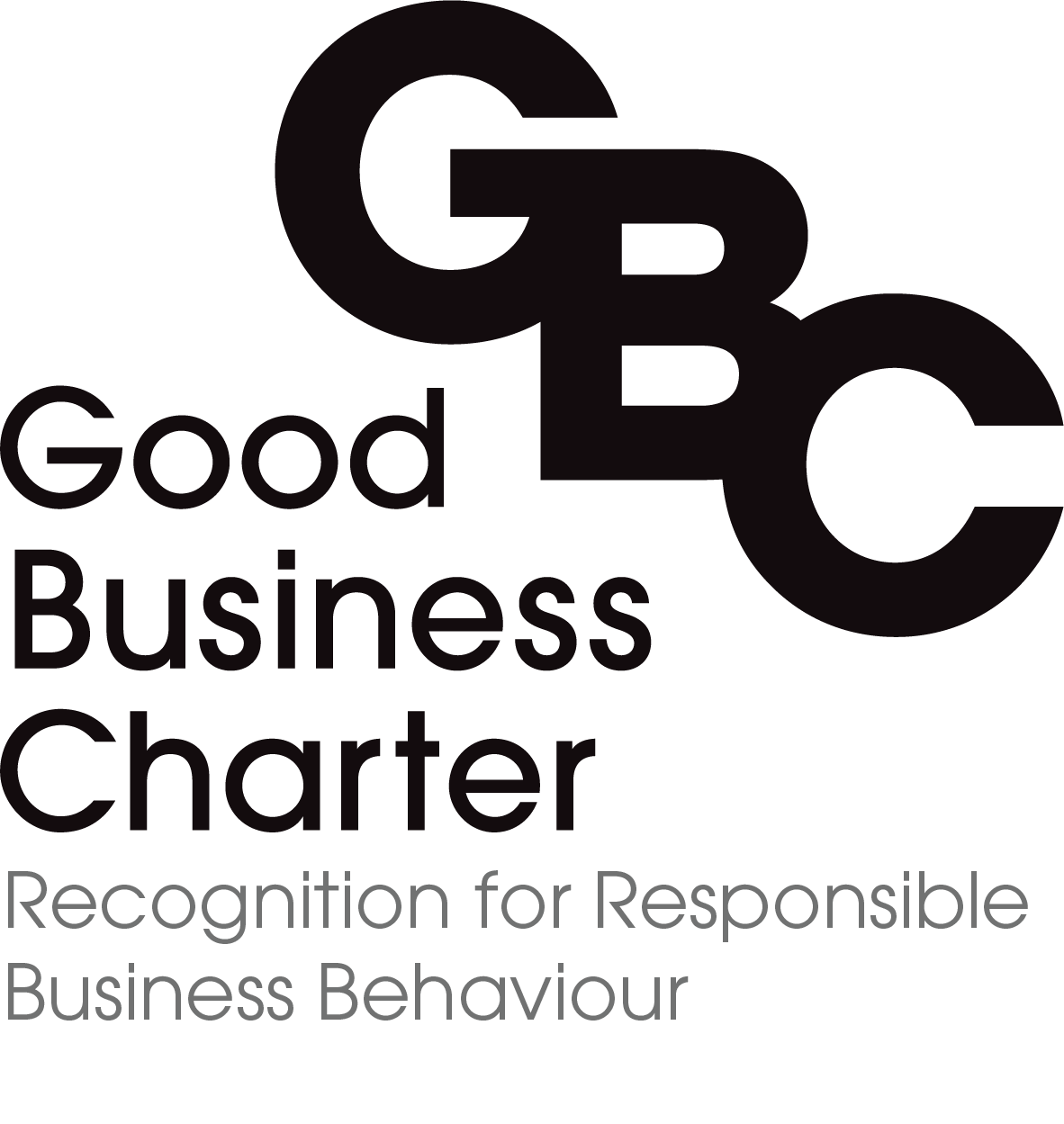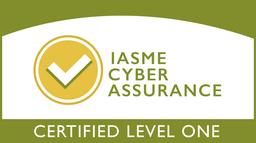
EDI - Is it worth it?
I am not prone to screaming, but If I have to read another comment or article on how much various organisations spend on EDI Officers or programmes, I think I will.
It’s become fashionable to look at the costs of EDI programmes and band some numbers around, as if it’s money being burnt.
Organisations like the MOD, NHS and Local Authorities collectively spend many £ millions a year on EDI – including dedicated professionals to advise and train leadership and management to embed them right.
Repeated attacks on how much, particularly public entities spend on EDI programmes pop up brandishing numbers plucked out with healthy disregard for facts. As well as a clear agenda, most of the attacks carry two fundamental flaws. They (deliberately) lump whole budgets which encompass learning, development, operational issues, comms into one “it’s EDI madness” bucket. Secondly, they totally neglect to even consider the benefits.
Back to basics
It’s time to take a step back, look at the EDI agenda and get back onto the front foot. To put the message out there:
- It’s the right thing to do – morally.
- It’s the necessary thing to do legally.
- It can be costly if you don’t get it right.
- Getting EDI right can deliver huge organisational benefits.
And when we get asked about the costs of EDI programmes.
Yes we have a legal and moral obligation to get it right … but it also brings a plethora of benefits:
- Attract and retain the best talent.
- Enhance Engagement and motivation.
- Make your organisation more able to effectively meet the needs of a diverse stakeholder base.
- Help you avoid group think, get a wider perspective on problem solving and idea generation.
Companies in the top quartile for both gender and ethnic diversity are 12 percent more likely to outperform all other companies in the data set. (McKinsey & Company, Diversity Wins report)
How do you build a successful EDI culture?
Organisations need a systematic approach to overcoming prejudice, bias (including unconscious and micro-aggressions) and changing entrenched negative attitudes can be challenging.
An EDI policy will help fulfil duties set out by legislation which are to eliminate discrimination, harassment and bullying in your organisation.
A good starting place is to gather candid feedback from your people about how they feel and their perception of your culture. Use employee engagement surveys, pulse surveys, continuously to find out if policies are working for everyone, and to provide a platform for improvement.
Deliver staff training which is essential to get everyone on board with your EDI initiatives and help your EDI policy work and implement lasting organisational changes. Get everyone on board and buy-in from leadership/stakeholders. Embedding, sharing, demonstrating and living your values will give your people the confidence to identify and challenge discrimination in any form it takes.
According to the CIPD is it about promoting and delivering EDI in the workplace as an essential aspect of good people management. It’s about creating working environments and cultures where every individual can feel safe and a sense of belonging and is empowered to achieve their full potential.
Encourage employee voice through multiple communication channels, including anonymous reporting channels to raise ideas or concerns so any challenges can be addressed before they escalate and fester – not doing so can quickly erode all the good work being done and people quickly lose faith and become demotivated.
Word quickly gets around and organisations with a good EDI policy is one of the best ways to attract top talent when they hear and see that they’re welcomed and their voice and values matter. Employees who feel valued are much more likely to stay with your organisation and that leads to higher productivity and reduced staff turnover.
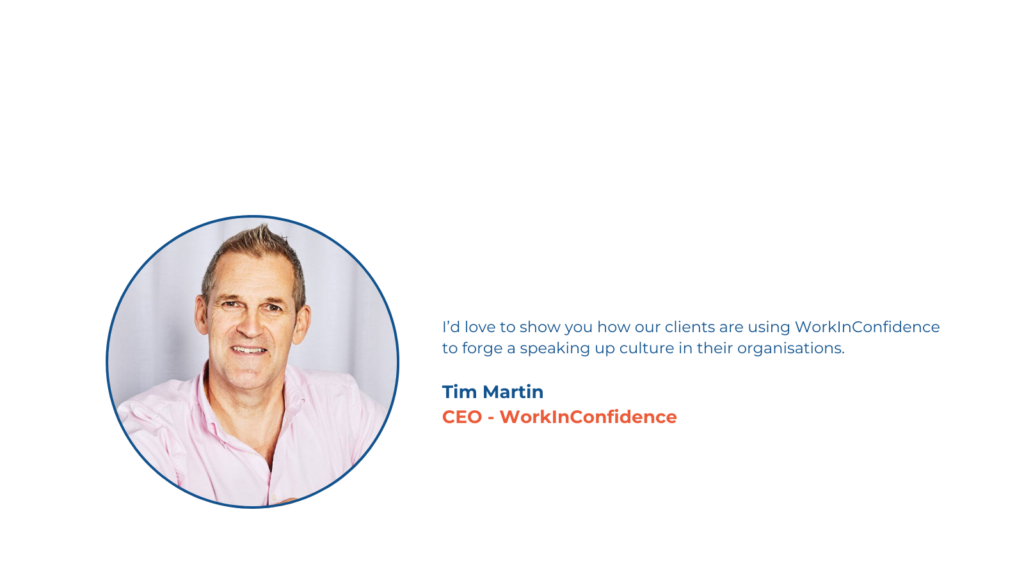
How WorkInConfidence can help
WorkInConfidence help hundreds of organisations through anonymous speak up, a two-way, encrypted reporting platform. Users are always anonymous unless they choose to reveal their identity. Cases are easily managed in HR Case Management where real-time reporting and visual dashboards give an overview of any underlying issues. Employee Engagement Surveys can be easily accessed, from pulse surveys to full engagement surveys created from built in templates or customised to your organisational needs.
Get in touch for a full demonstration to see for yourself how easy our solutions are to use and implement.
Some of our client testimonials
“Simply providing an anonymous platform encouraged feedback allowing leadership to understand our people’s daily challenges, and best of all, we could track, address and respond to them. Allowing anyone to have a voice has helped us establish ourselves as an outstanding firm to work with” – Erin Green, Travers Smith LLP
“WorkInConfidence has provided platforms that have enabled staff to speak up and speak out, while we have the opportunity now to listen and engage with purpose. In the first six months, we have had more interactions on the platforms than we had in the first two years on the previous solution” – Gareth Evans, Betsi Cadwaladr University Health Board
